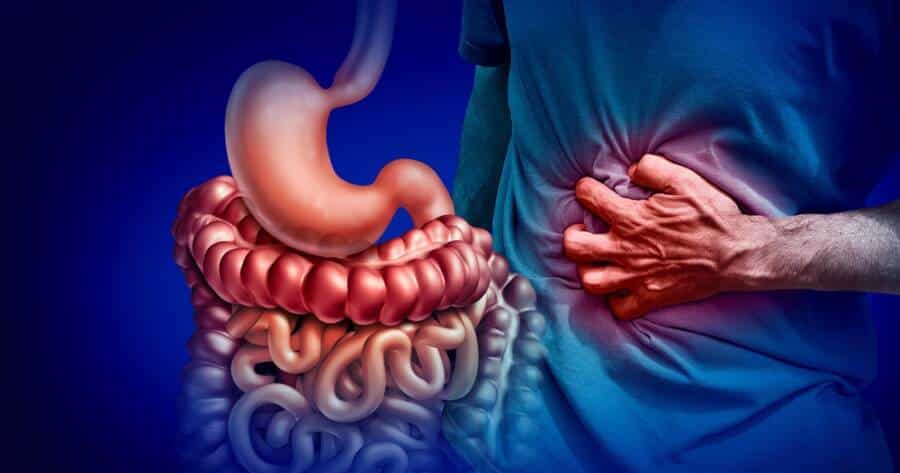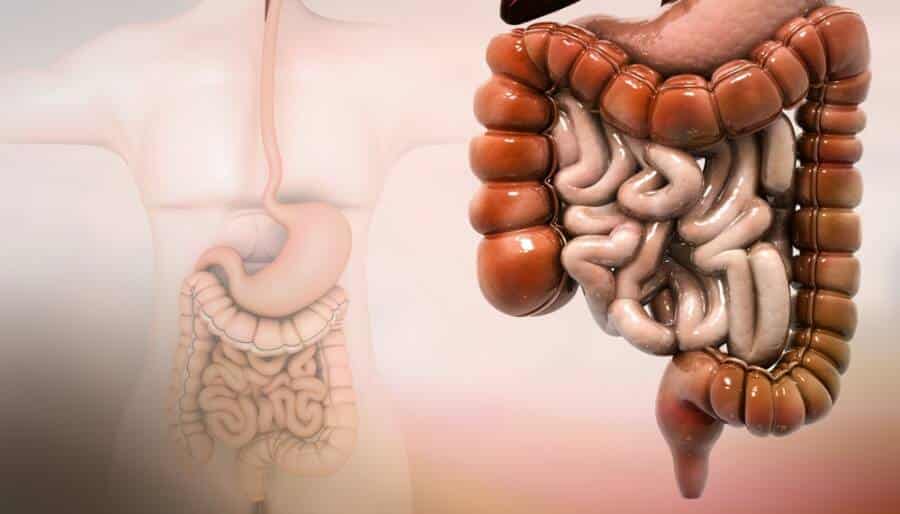Beat Bloating and Constipation Naturally with These 12 Tips!
Are you tired of the discomfort and frustration of bloating and constipation? You’re not alone! These common digestive issues can disrupt your daily life, making you sluggish and irritable. They affect millions of Americans and are usually caused by a heavy meal, stress, or lack of physical activity. But before you reach for medications, consider trying these natural remedies that can effectively alleviate the discomfort.
Bloating often occurs due to the accumulation of gas in the digestive system. This can be caused by swallowing air while eating or drinking, consuming certain foods that are difficult to digest, or having digestive disorders such as irritable bowel syndrome (IBS). Foods that are higher in fiber, although healthy, can sometimes lead to gas production, especially when your body isn’t used to them. Keep in mind that eating too quickly, drinking carbonated beverages, and consuming artificial sweeteners can all contribute to bloating.
Constipation, on the other hand, can result from a lack of dietary fiber and inadequate fluid intake. Oh, and let’s not forget about the sedentary lifestyle! You need to keep moving to stay healthy! We all hear this often but trust us, physical activity is crucial, no matter our age and lifestyle.
Simple changes can lead to significant improvements! Continue reading to find out which are the most efficient natural remedies.

12 Home Remedies to Relieve Bloating and Constipation
1. Increase your fiber intake
A diet high in fiber is very important for maintaining regular bowel movements and preventing constipation. Fiber adds bulk to the stool making it easier to pass. There are two types of fiber available: soluble fiber and insoluble fiber. Soluble fiber that dissolves in water and forms a gel-like substance. It can be found in oats, apples, citrus fruits, and beans. On the other hand, soluble fiber helps the stool pass more quickly through the digestive system. Sources include whole grains, seeds, and vegetables.
So, if you want to increase your fiber intake, you should start by incorporating more fruits, vegetables, and whole grains into your diet. You should aim for at least 25-30 grams of fiber daily.
2. Stay hydrated
Keep in mind that proper hydration is essential for preventing constipation. Water helps a lot, softening the stools and making them easier to pass. Make sure you drink at least 8 glasses of water daily. In addition to water, herbal teas are also recommended and can contribute to your fluid intake.
3. Probiotics
People don’t usually know what probiotics are. We all tend to become scared when we hear the word “bacteria”, don’t we? But probiotics are beneficial bacteria that support a healthy gut microbiome, They can help improve digestion and prevent constipation and bloating. Some of the most common foods that are also rich in probiotics are yogurt, kefir, kimchi, and other fermented foods. In case you feel that the changes in your diet are not improving your issue, make sure to see a doctor, you may need to also take probiotic supplements.

4. Exercise regularly
Regular physical activity stimulates the muscles in your intestines, promoting regular bowel! We know, you might be tired of constantly hearing how important is to have an active lifestyle, but it’s totally worth the effort. Physical activity not only improves our overall health but also helps us have a positive mindset, which is crucial nowadays. You should join activities such as walking, jogging, yoga, or even swimming classes. Choose whatever you like, it doesn’t really matter. All you have to do is keep moving.
5. Eat smaller, more frequent meals
Large meals can be overwhelming for our digestive systems and lead to bloating and discomfort. Smaller and more frequent meals are the key to success because they are easier to digest and can help maintain steady blood sugar levels.
Try to have 6 smaller meals throughout the day, instead of 3 large meals. Focus on balanced meals that include protein, healthy fats, and fiber-rich carbohydrates. Always avoid heavy and greasy foods that can slow down digestion.
6. Magnesium supplements
Magnesium plays a crucial role in muscle function and can significantly help the muscles in the intestines, promoting regular bowel movements. Before you start taking any kind of supplements, make sure you speak to a healthcare professional, as excessive magnesium intake can cause different problems, such as diarrhea and other side effects.
7. Avoid carbonated drinks
We all carbonated drink, especially on those hot summer days. However, these are not healthy at all. All carbonated beverages contain gas that can build up in our digestive systems, leading to discomfort. Our advice would be to swap carbonated drinks for still water and herbal teas. It might be difficult at first, but it’s totally worth it. You will immediately feel the improvements.
8. Abdominal massage
Gently massaging your abdomen can help stimulate the muscles in your intestines, promoting bowel movements. Use your fingertips to apply gentle pressure in circular motions, starting from the lower right side of your abdomen and moving upwards towards your ribcage, across to the left side, and downwards. Keep massaging for 10 minutes few times a day.

9. Warm lemon water
Did you know that lemon juice can stimulate digestive enzymes and promote healthy liver function? Squeeze the juice of half a lemon into a glass of warm water and drink it first thing in the morning on an empty stomach. It’s a very simple routine that promotes regular bowel movements and significantly reduces bloating. Have you tried this before? Let us know in the comment section found below.
10. Prunes
Prunes are really popular when it comes to their natural laxative properties. They contain fiber and sorbitol, a sugar alcohol that helps draw water into the intestines, softening the stool. Make sure you consume prunes early in the morning for the best effects. Another trick you should try is to leave some prunes overnight in a glass of water and drink the obtained juice in the morning. It may sound bad, but it’s really tasty! Give it a try and you’ll feel improvements immediately!
11. Avoid Dairy
Some people are lactose intolerant and may experience bloating and constipation right after consuming dairy products. Try eliminating dairy from your diet to see if the symptoms improve!
12. Olive oil
A tablespoon of olive oil can do magic if taken on an empty stomach! It can help lubricate your digestive system and ease constipation. Would you try it? Ha, ha! We know it sounds gross, but it’s totally worth it!
By incorporating these natural remedies into your routine, you can manage and relieve bloating and constipation. Have you tried any of these before? Let us know in the comment section found below. It would be also great if you could share your experience with us, and this way, you’ll be able to help our readers. How do you manage bloating?
Remember, it’s essential to listen to your body and make adjustments as needed, if your symptoms persist, make sure you consult your doctor and ask for a piece of personalized advice. There might be other possible causes.
Are you interested in learning more about the digestive system? You should read: 7 Delicious Foods to Help Relieve Constipation. You can find a lot of useful information on our website, so make sure to check out our available articles, depending on the health issue you are dealing with.













